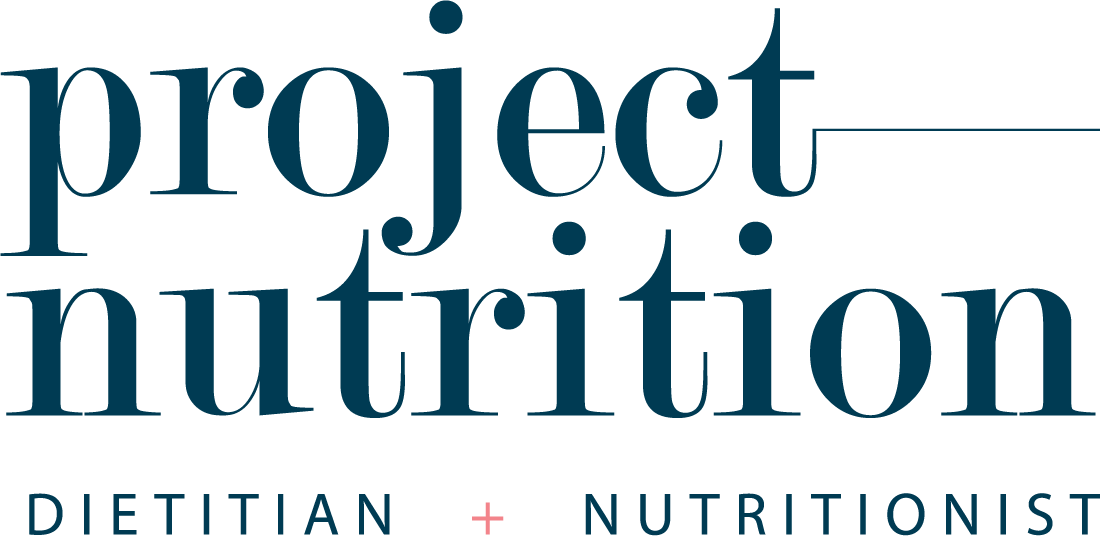Does PCOS Cause Bloating?
Polycystic Ovary Syndrome (PCOS) is a complex hormonal condition that affects many aspects of a woman's health. One common struggle for those with PCOS is bloating. In this blog post, we'll dive into the link between PCOS & bloating, common causes of bloating and offering practical tips to beat the bloat
Understanding PCOS and Its Impact on Digestion
PCOS goes beyond irregular periods and fertility concerns; it can also affect the digestive system, leading to symptoms like bloating. Women with PCOS may have a higher likelihood of being diagnosed with Irritable Bowel Syndrome Type-C, characterized by constipation, bloating, and excess wind. The elevated levels of hormones LH & FSH in PCOS could potentially slow digestion and the movement of food in the digestive tract resulting in constipation & bloating. Additionally, an altered gut microbiome in women with PCOS may contribute to digestive symptoms. Research also shows that dietary fibre intake is significantly lower in women who have PCOS. Inadequate dietary fibre can cause constipation & bloating.
Other common causes of bloating
Apart from PCOS, various surprising factors can contribute to bloating:
FODMAPS: Certain individuals may experience increased bloating after consuming foods high in poorly digestible carbohydrates known as FODMAPS. These can lead to excess gas production in the large intestine, causing discomfort.
Alcohol: Alcohol, being a gut irritant, can worsen digestive symptoms, and some alcoholic drinks may contain high-FODMAP ingredients.
Excessive Sodium/Salt: Consuming too much salt in processed, canned, or takeaway foods can cause fluid retention, contributing to bloating.
Carbonated Drinks: Swallowing air while consuming carbonated drinks can result in bloating.
Stress & Anxiety: The gut-brain-axis, the communication pathway between the brain and the digestive system, can be influenced by stress, impacting digestion.
Medical Conditions: Undiagnosed coeliac disease, constipation, food intolerances, Helicobacter pylori infection, and certain medications can also contribute to bloating.
Should I see my Doctor about my bloating?
If you experience persistent bloating, changes in bowel habits, nausea, abdominal pain, early satiety, weight loss, reflux, or other digestive symptoms, consult your medical doctor promptly.
How Do You Get Rid of Bloating from PCOS? 4 Practical Tips for Relief
To address bloating associated with PCOS, here are 3 practical tips to help you get started:
Slow Down and Chew Well: Eating too quickly can lead to swallowing excess air, causing bloating. Chewing your food thoroughly aids in effective digestion and reduces bloating.
Reduce Salt Intake: Research suggests a link between high salt intake, fluid retention, and bloating. Opt for low-sodium foods and aim for a daily intake of less than 2000mg.
Avoid Sugar Alcohol Sweeteners: Products with sugar alcohol sweeteners like sorbitol and xylitol, which are high FODMAP, can contribute to bloating. These sweeteners are commonly found in protein bars, weight loss shakes, and sugar-free foods.
Support a healthy gut microbiome: For practical, evidence based tips check out our ‘Restoring Your Gut Health with PCOS E-Guide’
Managing bloating with PCOS involves a holistic approach encompassing lifestyle changes, nutrition, and exercise. By understanding the connection between PCOS and digestive health, you can empower yourself to make informed choices that contribute to a bloat-free and comfortable lifestyle.
